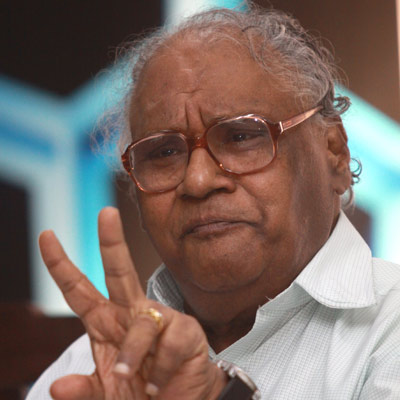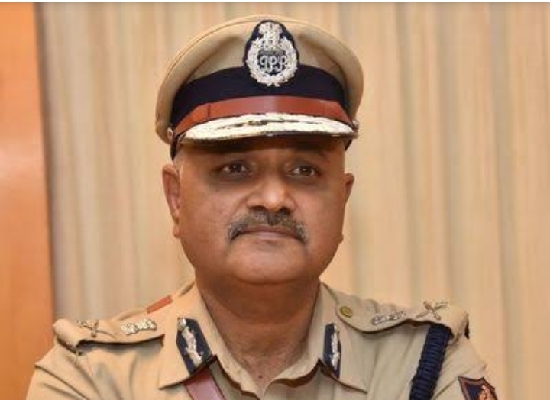
"Yes", he replied when a reporter asked if he thought the space agency placing a miniature replica of soon-to-be-lofted satellite at the feet of Lord Balaji in the temple town of Tirupati in Andhra Pradesh, every time before its launch from Sriharikota spaceport, amounts to superstition.
"Human beings are scared. They think that if they do offerings, their work will get right. What to do?", the eminent scientist said at a meet-the-press programme hosted by the Press Club of Bangalore.
"I am not superstitious. I don't believe in astrology. I don't believe in any other kind of superstition", the President of Jawaharlal Nehru Centre for Advanced Scientific Research (JNCASR) here and Chairman of the Prime Minister's Scientific Advisory Council, replied to another question.
Meanwhile, Rao said there was an impression that he is anti-information technology, which is not correct, adding, he held the view that other sectors should not be deprived of bright youngsters as bulk of the talent opts for IT as a career.
But, he admitted that "quality of science from India is not very good".
Rao lavishly praised China's strides in the field of science and said it's investing heavily in the field. "They have beaten the world; America is nothing".
Indians are easy-going. Indian youngsters are second to none but they need to be far more determined to succeed and have to be fiercely proud in being Indians.





Comments
I see, that your page needs fresh & unique articles. I know
it's hard to write articles manually everyday, but there is solution for this.
Simply search in google for: Erlory's Essential Tool
Feel free to visit my webpage :: TDKMackyxsw: http://Jasmine.blog.nl
Add new comment